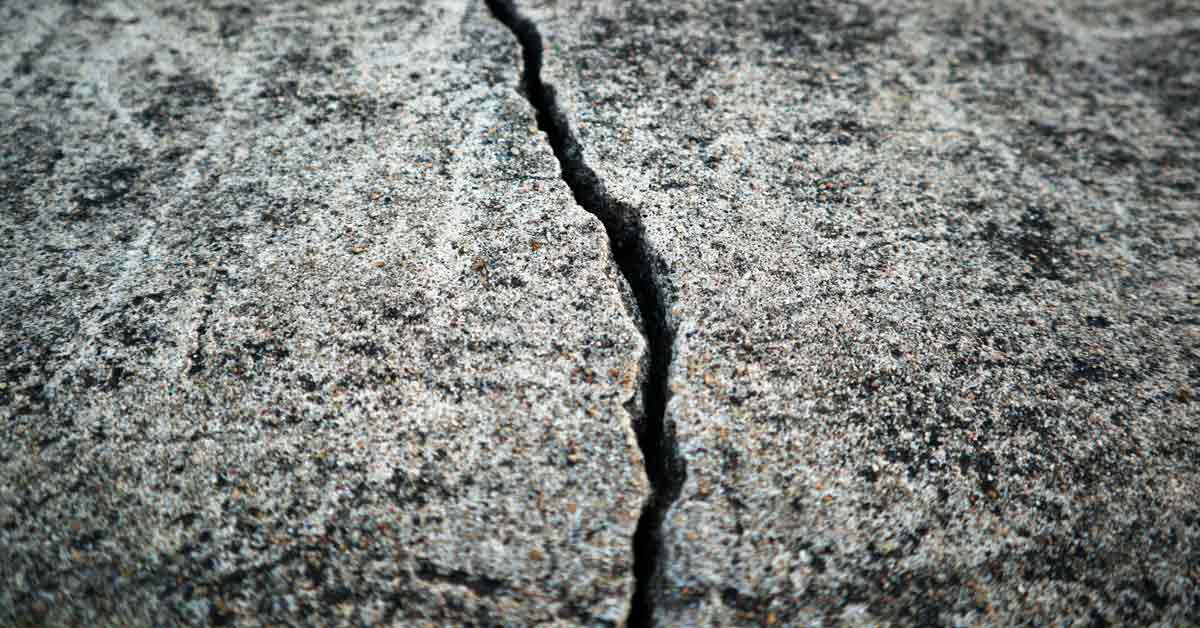You can’t choose one or the other.
It’s tempting to reduce the climate conversation to a matter of who is most at fault and who is responsible for leading the way forward. This debate usually comes down to two perspectives:
The first is that corporations make the biggest impact and should be accountable, so our personal habits don’t matter.
The other is that corporations won’t realistically change, so we need to take matters into our own hands by radically rethinking our lifestyles.
This debate is a distraction from what’s really true: Corporations do make an enormous impact on the climate, and they bear a major responsibility, AND our personal habits impact the environment, too, so we should seek out ways to reduce our environmental impact by altering our lifestyles.
Both can be true, and they are. What’s difficult to accept for many of us is that there are no simple solutions to complex problems.
A sustainable future that prioritizes social, economic, and environmental wellbeing requires several shifts in the system as it exists: both individually and corporately.
Individuals can’t simply call on corporations to change without putting money where their mouth is, and corporations and policymakers can’t simply pass on responsibility to consumers.
Action at both levels is necessary. It may feel tempting to pat yourself on the back for taking individual action. It feels good to do something — riding a bike instead of driving, using a reusable coffee cup, or turning off the lights more often. These actions are important, but they aren’t enough. It’s much more nuanced.
Just 100 companies have been responsible for more than 70 percent of greenhouse gas emissions since 1988, according to the Climate Accountability Institute’s 2017 Carbon Majors Report. More than half of emissions have come from just 25 corporations, according to the same report.
If these corporations continue on the same path, it will undoubtedly have catastrophic impacts on our planet.
But just as it can be tempting to focus on individual action, it can be just as tempting to expect corporations to change on their own accord. They won’t change unless we do.
The reality is your lifestyle directly influences corporate behavior. We can continue to pressure corporations to create truly sustainable solutions by changing our own habits and behaviors to support the more sustainable options.
Corporations will listen, not always out of some noble commitment, but because consumer and investor dollars speak — loudly.
Consumer willingness to favor sustainable companies is a global trend that pressures executives and investors to drastically alter their business models and consider more sustainable practices — because we now live in a world where sustainability is a marketable differentiator.
We all can be change agents in pressuring corporate sustainability. Your everyday behavior and choices matter just as much as larger-scale changes. They are related, and divorcing the two is a grave mistake that undermines the environmental movement’s success.
What’s required to tackle environmental issues is first and foremost optimism and hope that they can be solved — when we truly believe a better world is possible, we are more willing and likely to engage in practices that help us create a future we’re excited about living in.





